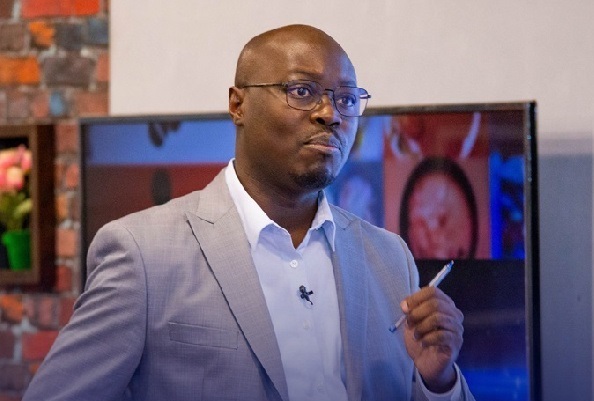The Ghana Revenue Authority’s (GRA) Customs Division is banking on a rise in vehicle imports to make up for a significant drop in import duty revenues following the cedi’s recent appreciation.
Brigadier General Glover Ashong Annan, Commissioner of the Customs Division, stated that the local currency’s strength has nearly halved duties on imported vehicles, creating a worrying shortfall in expected collections.
“The appreciation of the cedi has also impacted on the revenue but that is not all. We can do more to increase the revenue even though the appreciation [of the cedi] has impacted.
“For example vehicles which fetch us more revenue, the duties paid on these vehicles have reduced drastically. It is almost like half”
Brigadier General Glover Ashong Annan, Commissioner of the Customs Division
The Customs Division, which plays a vital role in Ghana’s domestic revenue mobilisation efforts, is under pressure to meet its targets. Revenue collection projections have become more uncertain due to the currency’s recent strength and persistent smuggling at major ports.

Brigadier General Annan stressed that while the fall in duties poses immediate challenges, there is room for optimism as importers respond to the favourable duty environment by increasing volumes.
“Those who are benefiting from the reduced duties will import more. By next month, we will see more volumes coming in and that will also impact our revenue,” he added.
Finance Minister Raises Alarm
Meanwhile, Finance Minister Dr. Cassiel Ato Forson expressed growing alarm over what he termed widespread revenue leakages at the Tema Port. The country’s busiest entry point continues to lose substantial tax revenue due to illicit activity and porous controls, he said.
Dr. Forson repeated his stern warning that his office may relocate to the port itself to monitor and intervene in operations if urgent steps are not taken. His concern stems from the scale and sophistication of smuggling operations that continue to erode Ghana’s domestic revenue mobilisation drive.
According to the Ministry of Finance, a significant volume of smuggled goods is entering the “Ghanaian market from neighbouring Togo.” These goods often circumvent formal customs and tax channels, undercutting the government’s efforts to stabilise the economy through enhanced revenue collection.

Dr. Forson’s warning reflects growing pressure on state institutions to tighten compliance, enforce border controls, and clamp down on criminal syndicates exploiting the system.
His comments also highlight the broader economic implications of weak customs enforcement, especially at a time when the government is heavily reliant on domestic revenue.
Import Strategy under Review
The Customs Division’s hope is that the cedi-induced dip in import duties will be temporary and that higher volumes, particularly of vehicles, will drive up gross revenue numbers in the months ahead.
Customs officials have indicated that internal strategies are being reviewed to improve efficiency and reduce leakages. Key among these strategies is a focus on “better data integration across port systems, increased surveillance, and coordination with other security agencies.”

While no timelines have been given, the Customs Division is under scrutiny as the Ministry of Finance and other oversight bodies look for evidence of reforms and measurable improvements in compliance.
The GRA’s customs team will also be expected to balance the opportunity of increased import volumes with the need to tighten border security. As the government pushes for greater accountability and fiscal discipline in 2025, the pressure on Customs to perform has intensified.
READ MORE: South Africa Braces For U.S. Trade Fallout























